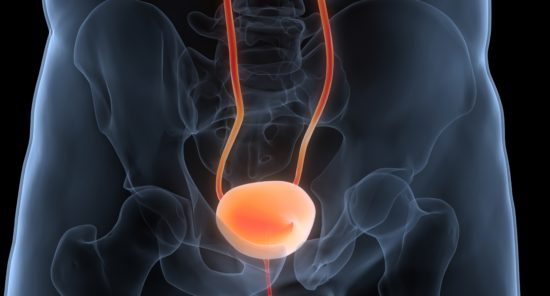Colonic mucus acts as a crucial barrier between the intestinal epithelium and gut bacteria. The inner layer of mucus adjacent to the epithelium is typically sterile, while the outer layer contains bacteria and intestinal content. Mucus is continually secreted and swells, creating a flow that pushes bacteria away from the epithelium. This protective mechanism is vital in maintaining intestinal homeostasis, with mucus growth rates measured at approximately 2 µm/min in mice and 4 µm/min in humans.
A compromised mucus layer is linked to several diseases, such as metabolic disorders and inflammatory bowel diseases. For instance, defects in the mucus layer often precede the onset of ulcerative colitis. The presence and function of gut microbiota are essential for proper mucus barrier function. Studies show that dietary fiber intake significantly influences gut microbiota and, consequently, mucus function. Increased fiber intake in humans enriches beneficial bacteria like Blautia, which produces short-chain fatty acids that enhance mucus growth and integrity. Understanding these interactions can inform strategies to improve gut health and prevent related diseases.
Reference: Holmberg SM, Feeney RH, Prasoodanan P K V, et al. The gut commensal Blautia maintains colonic mucus function under low-fiber consumption through secretion of short-chain fatty acids. Nat Commun. 2024;15(1):3502. doi: 10.1038/s41467-024-47594-w.









